What is Wicca?
Since its public introduction in the 1950s, the Wicca religion has grown into a fascinating spiritual path for the 15,222 Australians . Yet very little is known about this modern, Earth centred religion.
What is Wicca?
Complexly, Wicca is often described as a form of pagan witchcraft that bases its practices on contemporary pagan rituals. People who practice Wicca(Wiccans) see it as a peaceful, harmonious and balanced way of life. Which promotes oneness with all life and living things. It is believed that the Wicca religion is inspired by- and shares commonalities with- the ancient traditions of witchcraft.
Technically, witchcraft and Wicca, although similar in many ways, are not identical. You can be a witch without being a Wiccan. Wicca is a recognised religion, while witchcraft itself is not a religion. Thus, Wicca is pretty much a modern religion based on ancient traditions of witchcraft.
Origins of Wicca
Wicca was developed in England during the first half of the 20th century and presented to the public in 1954 by Gerald Gardner, a retired British official. The Wicca religion is based on a variety of 20thcentury hermetic and ancient pagan motifs for its theological structure and ritual practices. Wicca has no central authority or religious figure.
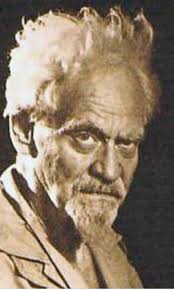
Most modern Wicca traditional beliefs, principles, and practices were originally outlined by Gerald Gardnerand Doreen Valiente. Particularly in the 1940s and 1950s in published works. As well as in secret written and oral teachings given to their initiators. If ever there was a dude that looked like a stereotypical wizard, it’s Gerald. There are many variations in the core structure as the religion grows and develops over time.
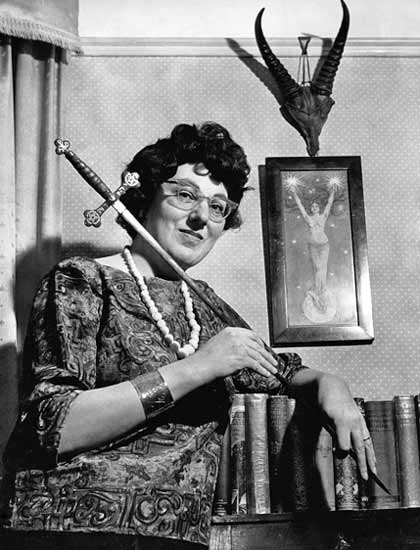
‘Gardner’s theories were drawn from numerous sources, including Freemasonry, magical orders such as the Golden Dawn and fellow occultists, including Aleister Crowley,’ BBC.
Today, Wicca is divided into a number of different lines, sects and denominations, which are called traditions. Each tradition has its own organisational structure and centralisation level.
The Wicca belief system
The Wicca belief system is kind of based on the reconstruction of pre-Christian traditions that originated in the Ireland, Scotland and Wales areas. Although most of the information about how the Wicca ancestors lived, worshipped and believed was lost. Mainly through the efforts of the Medieval Church that wanted to erase the existence of Witchcraft from history. Today, modern Wiccans try to recreate these beliefs and practices.
At its essence Wicca is a deep fondness and reverence for mother nature. And everything within it and created in nature.
Wicca worship
Perhaps due to its decentralisation, there are disagreements about the exact nature of Wicca worship. It bears the characteristic of a typical duotheistic religion, worshipping both a Goddess and a God or several of their variations. These are traditionally considered as the Goddess of the Moonand the Horned God. However, there are no rules about which patrons to worship some people worship as few as one, and as many as four or five.
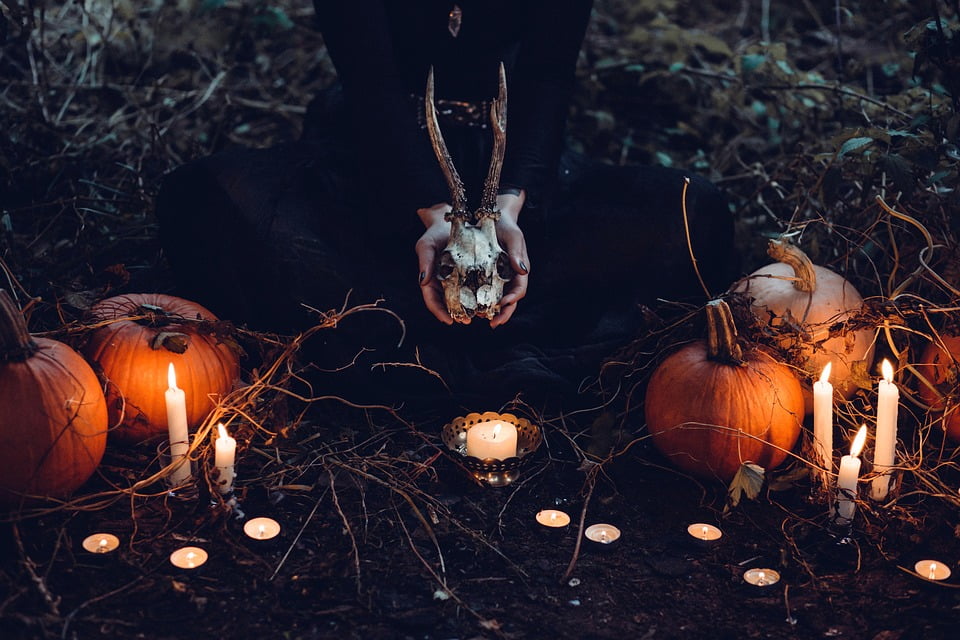
As part of their spiritual practice, many Wiccans try to develop their intuitive abilities and practice magic. And even spellcraft by directing their psychic energy for specific therapeutic and relief purposes. While practising magic, Wiccans adhere to the Wicca Rede. This is a form of Golden Rule that is the central ethical law of the religion. ‘Let it harm none.’ Most Wiccans acknowledge that every magical power posted is magnified and returned to the sender.
Let it harm none.
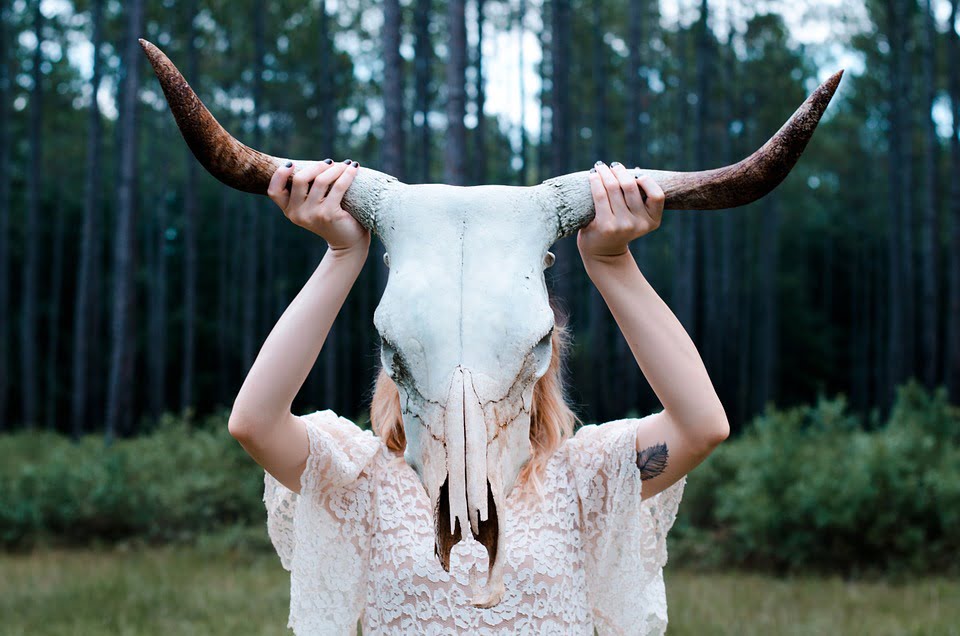
Contrary to popular culture and all those brilliant movies and TV shows we love, Wiccans do not practice evil magic or honour the Devil/Satan as such. Wicca has existed pre-and post-Christianity and is not even anti-Christian.
You might also like to read about mythology.


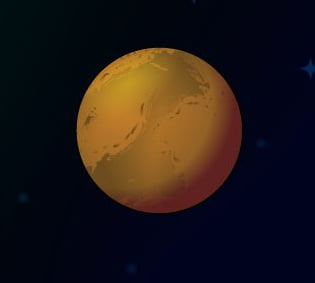

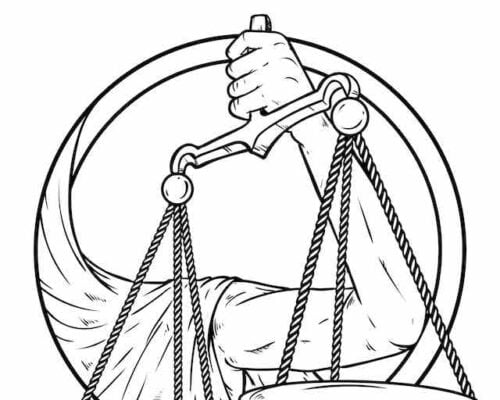
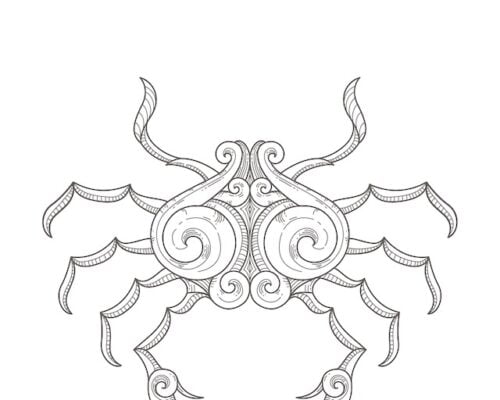
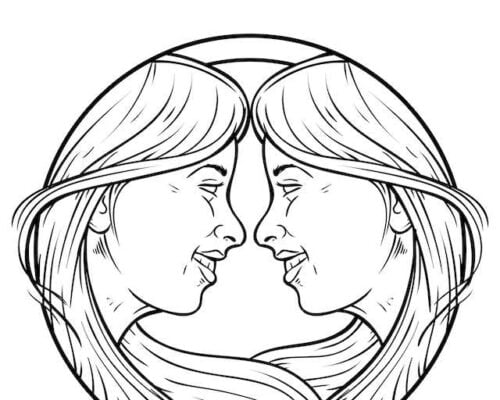

-
Tagged Aries